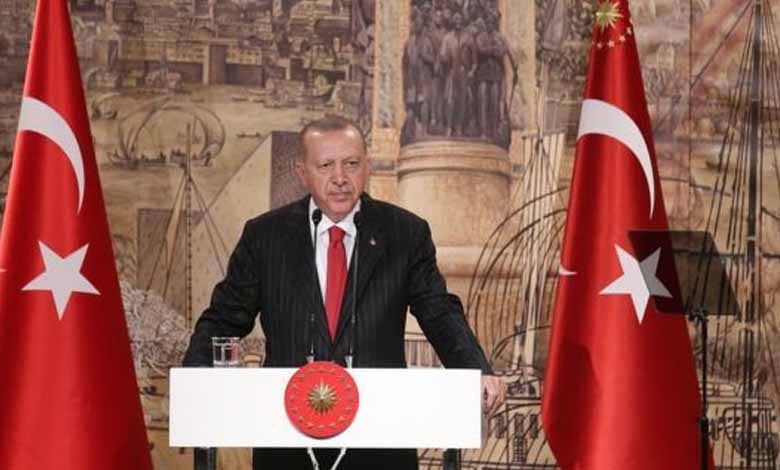Turkey’s Influence in Tatarstan : fifth secret queue

Under the above heading, Sergueï Nikolaev, in Eurasia Daily, wrote about the dangerous role played by Turkish schools in Russia, and the fear of another stab Moscow receives from Ankara in the back.
The article says : On April 19, the Nabreginzlinsky Court in Tatarstan admitted the extremism of the books of radical Turkish preacher Saïd Nursî (1878-1960).
The concept of the “soft power” role of Turkish secondary schools for Ankara appeared in the early 2000s. Before that, the massive opening of Turkish educational institutions throughout the country under the leadership of the Gülenists did not bother anyone.
By 2003, most Turkish high schools in Russia had been closed: This was done everywhere, except in Tatarstan. In this republic, the Turkish lobby’s positions in the local elite turned out to be much stronger, and the closure of Turkish schools was therefore postponed for four years.
The exodus of Turkish teachers in 2008 from Tatarstan high schools (in total, left by about 70 Gülenists) seemed to protect school students in the region from Turkish influence, but the problem was that Gülenists remained among local teachers. Before the Turks left, they prepared a replacement for them.
Thus, Turkey’s impact on the education system in Tatarstan remains valid. although its demonstration is now trivial and remains in the form of a fifth column, which is highly conspiracy.
Although the Hizmet movement, or as called «Fethullahçı Terör Örgütü» the “terrorist organization of the Fatah Allah movement”, is prohibited, the situation is from Norgular and Saïd Nursî in Turkey, more than Latif. His book is widely reprinted and spoken by Turkish President Recep Tayyip Erdoğan.
The distribution of the books of preacher Saïd Nursî in Russia, which is actively working to abolish the criminalization of various human rights organizations, is a component of Turkey’s “soft power”. We should remember that, so that we don’t suddenly get “back stabs” again at a particular moment.












